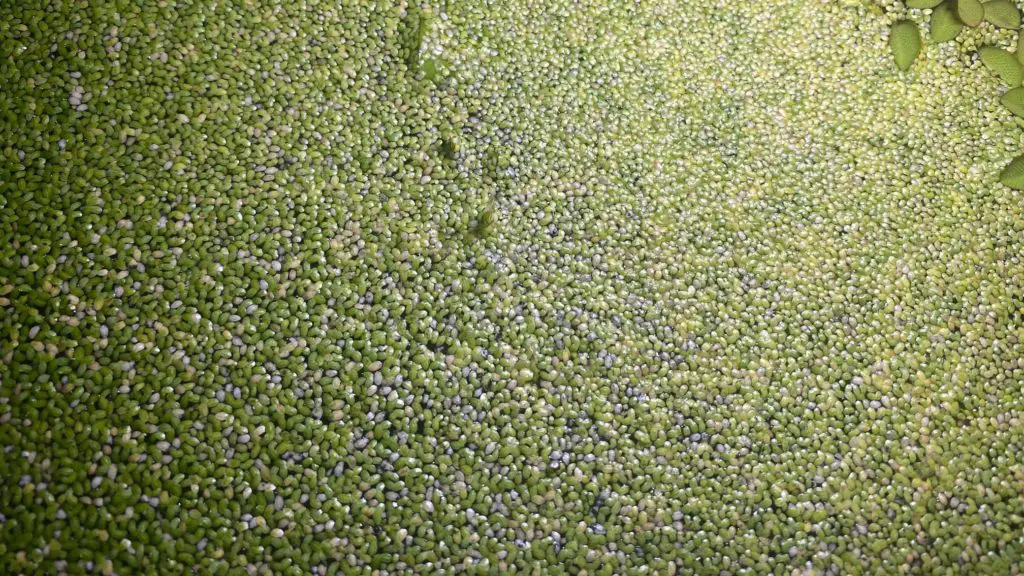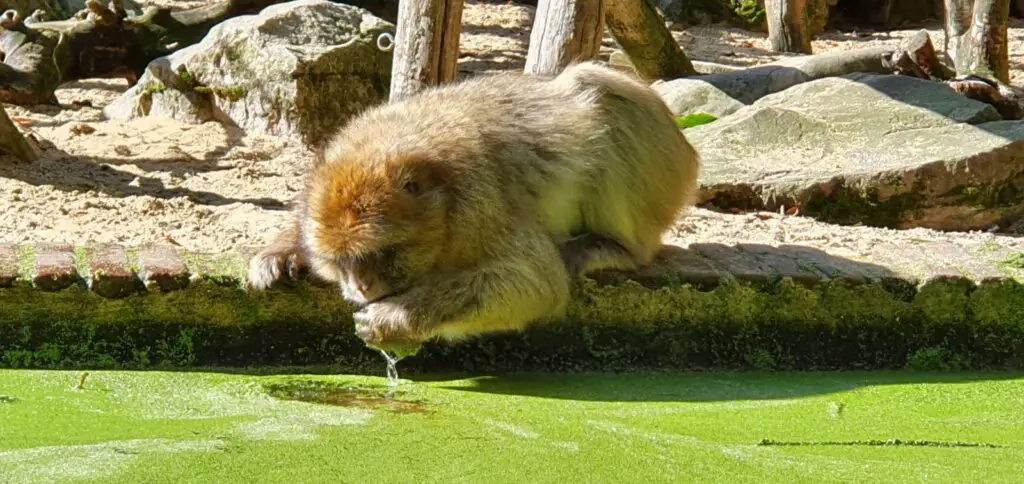Duckweed is a superfood. It is a nutritional powerhouse for several reasons. First, Duckweed is a superfood and a nutritional powerhouse for many reasons. First, it is a highly fast-growing plant that can develop into large areas in a short time. That means it has little space to hold other fish or plant life, so it will focus on producing vitamins.
Duckweed is a small, flowering plant that grows in fresh or brackish water. Duckweed can grow in water temperatures as high as 95 degrees Fahrenheit and as low as 32 degrees Fahrenheit. Duckweed can also grow in water with a pH range of 4 to 10.5.
Duckweed is a fast-growing plant that can double its size in just 24 hours. Duckweed is a good source of protein, vitamins, and minerals. Many birds and fish eat duckweed because of it. It can also be processed for human consumption and eaten fresh or dried and stored. Duckweed is also high in omega-3 fatty acids.

Duckweed Is an Excellent Source of Nutrients
Duckweed is an excellent source of nutrients for both people and animals, and it is a high-protein plant that is also a source of vitamins and minerals. Duckweed is also high in omega-3 fatty acids, which are beneficial for human and animal health.
For people, eating duckweed can help ensure an adequate supply of protein, vitamins, and minerals. For animals, eating duckweed can help to improve coat conditions, provide energy, and reduce inflammation. In some areas, duckweed is considered a weed that needs to be controlled, but it can also be cultivated for its nutritional value.
Duckweed Is a Source of Protein
Duckweed is a potential source of protein. Duckweed contains 20-40% protein by weight, making it a viable source of protein for humans and animals. Duckweed could be used to supplement the diets of people in developing countries who lack access to high-quality protein sources.
Duckweed contains more protein than spinach and other leafy vegetables.
Duckweed Is a Good Source of vitamins A, C, and E.
Duckweed is known for its nutritional value, specifically its high vitamin A, C, and E levels.
Vitamin A is essential for vision and cell growth, and DNA synthesis. Duckweed contains high levels of beta-carotene, which the body can convert into vitamin A. Vitamin C helps protect the body from infection. Duckweed also contains lutein, which helps preserve eyesight. Duckweed also contains some minerals like iron and magnesium.
Vitamin E is a powerful antioxidant that helps protect cells from damage. Vitamin E is an essential nutrient for humans, and duckweed is one of the best sources.

Duckweed Is a Good Source of Calcium, Magnesium, Potassium, and Phosphorus.
Duckweed also contains calcium and other nutrients that are useful to humans in various ways. In addition to being the main ingredient in dietary supplements, calcium has many other health benefits that are even more significant. One of these is the prevention of osteoporosis and certain types of bone diseases, strengthening the teeth, and preventing tooth decay.
Calcium also aids the body in repairing bones and nerves. It is essential to women during pregnancy because the absence of calcium during this critical time of growth can be detrimental to the fetus’s health.
As far as calcium is concerned, duckweed is one of the richest plant sources in the world. A single cup of cooked duckweed contains 40 mg. of calcium, which is 20 times higher than milk, with only 6 mg. per cup. Because duckweed grows in water, the nutrients it contains are mostly absorbed directly by the body without breaking up the process by chewing or cooking. This can make supplements made from duckweed even more effective than those made from other forms of calcium.
In addition to being a great source of calcium, duckweed is also extremely rich in potassium. One cup of cooked duckweed contains a whopping 3,000 mg of potassium, which is over 25 times higher than a serving of potassium-rich bananas, and 30 times higher than a serving of potatoes.
One feature of duckweed that makes it interesting is its magnesium content. Duckweed is rich in magnesium, an essential mineral many plants need to thrive. It’s estimated that 10% of the magnesium in the earth’s crust is in magnesium sulfate, one of the salts in duckweed.
Since magnesium is so prevalent, it’s usually not a limiting factor for other plants, particularly aquatic ones. For this reason, however, your duckweed will probably be in a great deal of demand by other organisms.
Duckweed is a food that not many people know about. It is also a superfood as it contains three times the magnesium content of spinach.
Duckweed is a good source of potassium because it is a fast-growing aquatic plant that can absorb a high amount of potassium from the water. Potassium is an essential nutrient for plant growth and development, and duckweed is a good source.
National Library of Medicine – Protein bioavailability of Wolffia globosa duckweed
ScienceDirect – Duckweed as a future food
Conclusion
Duckweed is a healthy and nutritious plant that can be eaten fresh or cooked; duckweed is a potential source of protein.
It is also a good source of essential amino acids, vitamins, and minerals. In addition to its nutritional value, duckweed is an environmentally friendly crop; it requires little water and no pesticides or fertilizers. Duckweed could be used to supplement the diets of people in developing countries who lack access to high-quality protein sources.


